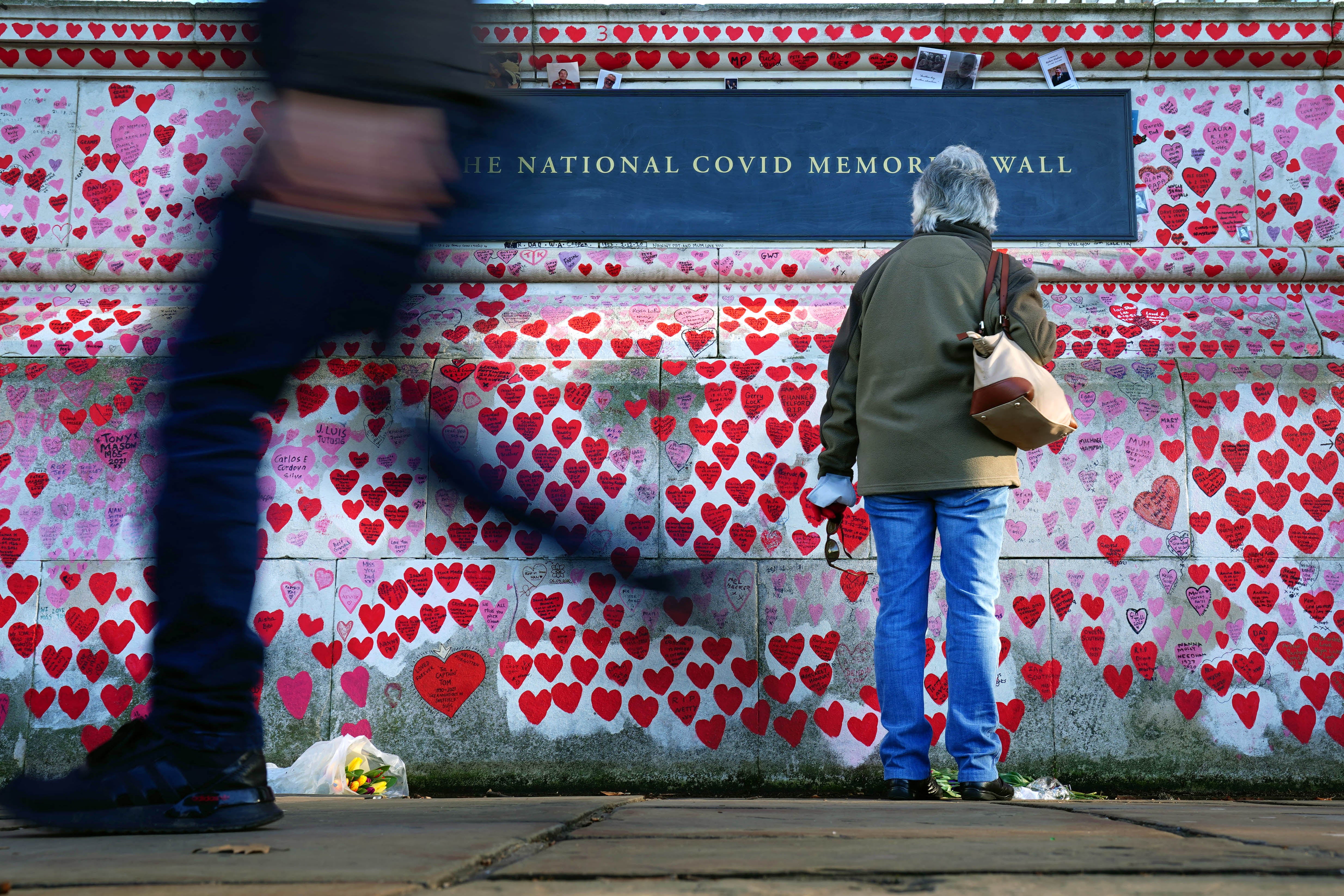Low vaccine take-up linked to greater risk of death among some ethnic groups
It is the first time take-up has been linked in this way with estimates of mortality rates.

Your support helps us to tell the story
From reproductive rights to climate change to Big Tech, The Independent is on the ground when the story is developing. Whether it's investigating the financials of Elon Musk's pro-Trump PAC or producing our latest documentary, 'The A Word', which shines a light on the American women fighting for reproductive rights, we know how important it is to parse out the facts from the messaging.
At such a critical moment in US history, we need reporters on the ground. Your donation allows us to keep sending journalists to speak to both sides of the story.
The Independent is trusted by Americans across the entire political spectrum. And unlike many other quality news outlets, we choose not to lock Americans out of our reporting and analysis with paywalls. We believe quality journalism should be available to everyone, paid for by those who can afford it.
Your support makes all the difference.Lower vaccination take-up among some ethnic groups contributes to an increased risk of Covid-19 death, particularly for people from black African and Caribbean backgrounds, new research suggests.
Most ethnic minority groups have continued to experience greater rates of death involving Covid-19 during the third wave of the virus compared with people identifying as white British.
These differences have been attributed mostly to social and demographic factors, such as geography, type of residence and health.
But levels of vaccination coverage are now contributing to the elevated risk of death observed in some groups, according to the Office for National Statistics (ONS).
It is the first time vaccination take-up has been linked in this way with estimates of mortality rates.
Between June 13 and December 1 2021, the risk of death involving Covid-19 for black African males in England was 1.4 times greater than that for white British males, after adjusting for age, demographic factors and certain pre-existing conditions.
But after also adjusting for vaccination status – to reflect if someone has received a first, second or third dose – this difference was found to have been eliminated.
A similar pattern was evident for black Caribbean males, with the risk 1.7 times greater before adjusting for vaccination status, but no excess risk after.
For black African and Caribbean females, the risk of Covid-19 death before adjusting for vaccination was estimated at 1.8 and 2.1 times greater than white British females respectively – but again, this excess risk disappeared after accounting for vaccine take-up.
The figures suggest that, once adjusted for vaccination status, there is “no evidence” that the risk of death involving Covid-19 is greater for people from these ethnic groups than for the white British ethnic group, the ONS said.
People identifying as black African and Caribbean have the lowest vaccination rates among people over the age of 50, however.
Differences in vaccination coverage between these two groups and the white British group “explain a large part of the excess risk”, the ONS added.
Overall the ONS found that, during the third wave of the virus, the fully-adjusted risk of Covid-19 mortality – including vaccination status – is similar to the white British group for all ethnic groups, except the Bangladeshi group (2.2 times greater for males and 2.1 times greater for females) and for Pakistani men (1.2 times greater).
Vahe Nafilyan, senior statistician in the ONS health and life events division, said: “Today’s analysis shows that since the vaccination programme began, the risk of death from Covid-19 has continued to be higher in most ethnic minority groups than in the white British ethnic group.
“As already highlighted in our analyses of earlier periods, these differences in mortality are largely explained by socio-demographic and economic factors and health.
“For the first time, we show that the lower vaccination coverage in some ethnic groups also contributes to the elevated risk of Covid-19 death, particularly in the black African and black Caribbean groups.”